A more robust Asia policy expected?
Trump’s cabinet has a preponderance of China hardliners, which has wider implications for the Asia Pacific region while some of its members view Narendra Modi as Reaganesque and a man of the times
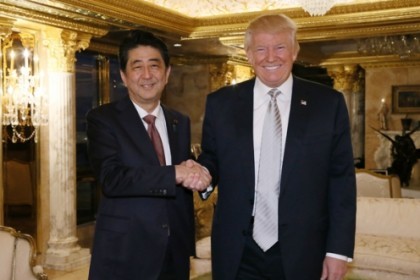 Courtesy: Wikipedia
Courtesy: Wikipedia
Trump’s cabinet has a preponderance of China hardliners, which has wider implications for the Asia Pacific region while some of its members view Narendra Modi as Reaganesque and a man of the times
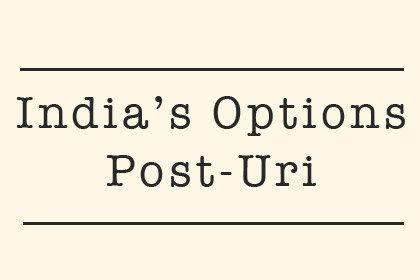 Courtesy: Gateway House
Courtesy: Gateway House
In the aftermath of the terrorist attack on the Indian Army brigade headquarters in the town of Uri, Jammu and Kashmir, Gateway House has compiled potential policy options for India.
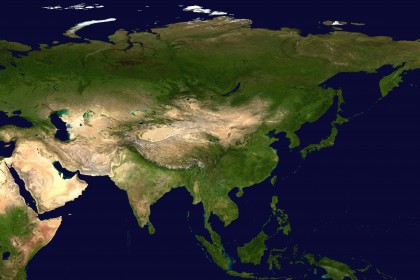 Courtesy: Wikipedia
Courtesy: Wikipedia
Prime Minister Modi’s term has been marked by a resolve to improve cooperation among South Asian nations. These proactive efforts can bear rich fruit if the Modi government promotes the concept of geoeconomic and geopolitical equations being seen through the lens of bioregions. There are significant precedents which the Modi government can build upon
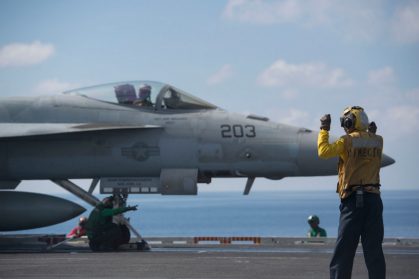 Courtesy: Ash Carter / Flickr
Courtesy: Ash Carter / Flickr
The success of the U.S. Defense Secretary's recent visit to India is indicative of the deepening India-U.S. defence relationship. It has become clear that Indo-U.S. maritime cooperation in the Indian Ocean is steaming ahead; while other geopolitical differences, like the sale of aircraft to Pakistan, seem unlikely to disappear anytime soon.
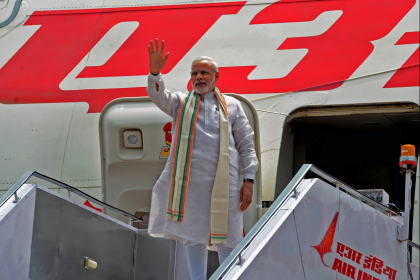 Courtesy: MEA / Flickr
Courtesy: MEA / Flickr
The talking points for Prime Minister Modi's upcoming visit to Saudi Arabia will include the obvious: oil, diaspora and economic engagement. What remains to be seen is how both countries differing relations with Iran and Pakistan might affect the dialogue.
 Courtesy: Narendra Modi / Flickr
Courtesy: Narendra Modi / Flickr
The Indian government and businesses should stay away from giving an overly “mercantile” attitude to foreign policy and investments abroad. A deal secured by only economic heft and preying on weakness is likely to produce only bitter fruit later on.
 Courtesy: Wikipedia
Courtesy: Wikipedia
Is China actively building up its maritime presence in the Arabian Sea, to dominate vital sea lanes and perhaps encircle India with a chain of naval bases? There can be little doubt that China views Gwadar as a potentially useful asset. China, however, will know better than anyone that Gwadar has two considerable limitations.
 Courtesy: Wikipedia
Courtesy: Wikipedia
In his last and final State of the Union address, President Obama reasserted the United States’ global supremacy as a military and political power. He claimed credit for the historic Iran deal while conceding that Congress had maneuvered efforts on many crucial fronts
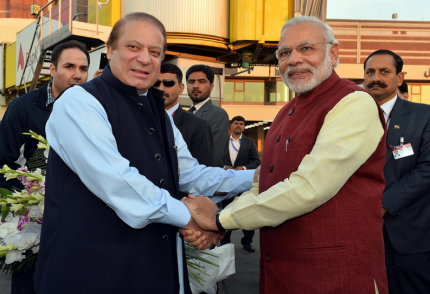 Courtesy: Flickr/ MEAPhotogallery
Courtesy: Flickr/ MEAPhotogallery
The Pathankot attack reflects a new template of terrorism and is a reminder that India needs a well-coordinated approach to security emergencies. This is particularly necessary as the country has embarked on a bold foreign policy path, daring to tread where we have not gone before, intensifying existing and new engagements and trying to functionalize dysfunctional bilaterals like Pakistan
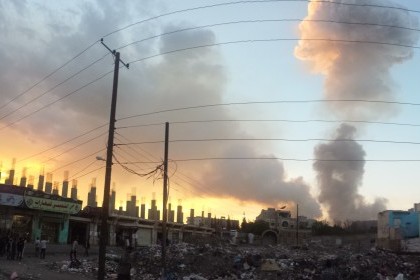 Courtesy: Wikipedia
Courtesy: Wikipedia
On 14 December, Saudi Arabia announced the formation of an anti-terrorism coalition of 34 Islamic countries. But with key potential partners such as Algeria, Lebanon, and Pakistan refusing to join, the hastily-assembled group has put Saudi credibility in the spotlight instead of deflecting western criticism of the kingdom’s inaction against Sunni jihadism